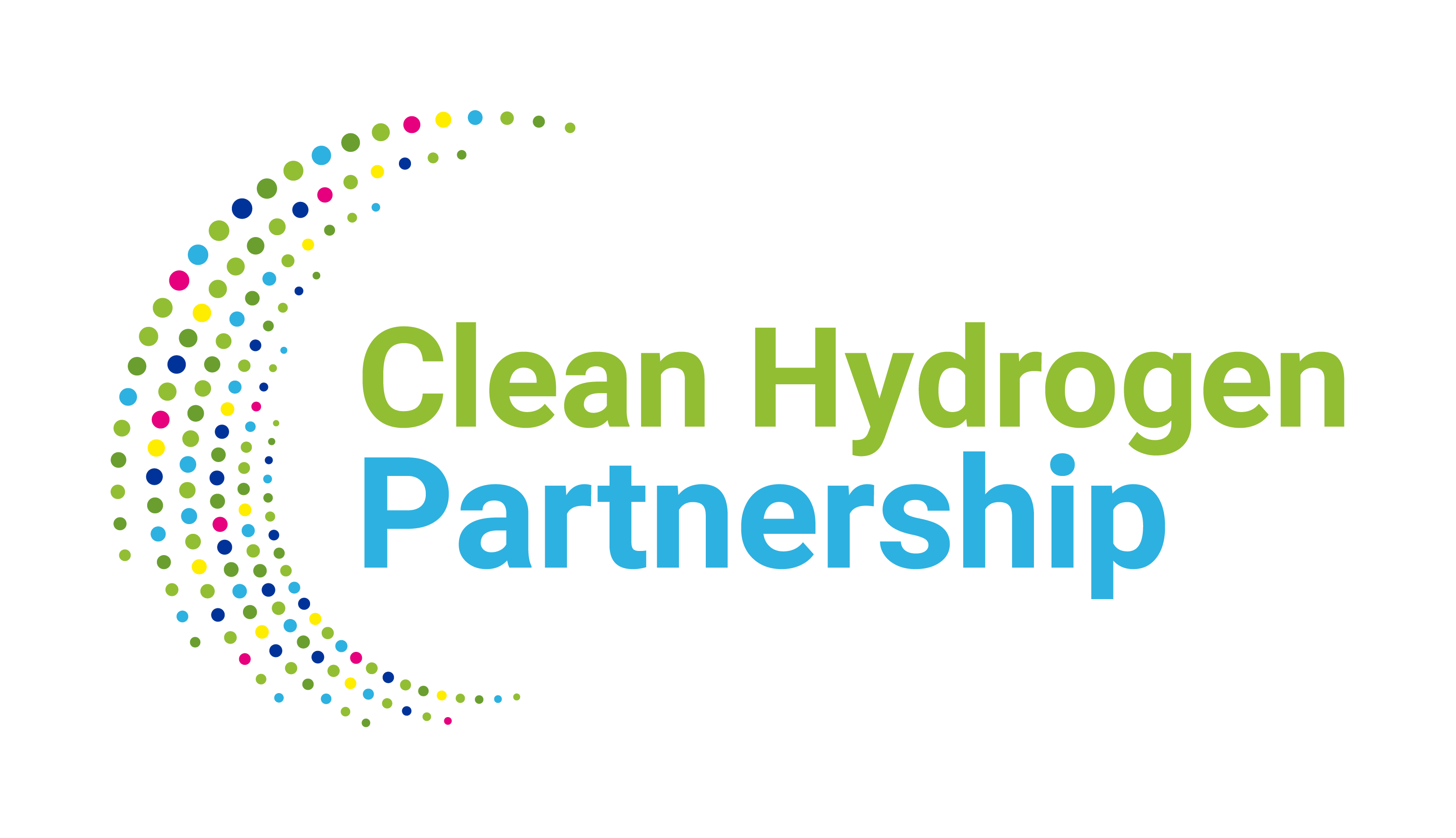Services Supplied
One of the contractor or subcontracted companies will be assigned to each of the successful projects, based on geographic location of the project. This company will act as a single point of contact with the region and assign a consultant and manager to the project. These two members of staff will be available to give PDA to the project for a defined number of person-days to be decided by the Clean Hydrogen JU and communicated in advance of the start of PDA. The total number of assigned person-days per project is expected to be in the range of 40-60 person-days.
Budgeted number of person-days spend providing PDA from the contractor will be decided in advance of PDA commencement. The total number of person-days spent giving PDA will not exceed the budgeted number of person-days, but do not need to be taken as consecutive or integer days. These days may be used during the course of PDA, and the public authority will not be entitled to any remaining budgeted days after PDA has been completed.
The contractor will provide advice on strategies and best practice for procuring hydrogen infrastructure (for example production and distribution technologies) and vehicles, including opportunities for joint procurements with other territories to minimise costs. However, this does not prevent the public authority from conducting its own discussions with equipment providers and other private sector partners.
By the end of PDA a project delivery group will have been formed comprising all the key stakeholders in the region. Working groups will also have been established to develop key project aspects.
A final project delivery paper will detail the project and its benefit, the budget, the expectations of each of the partners and the strategy for financing the project. A draft business case, with budget and financing plan will exist, as well as a detailed plan for ownership and procurement of assets and full delivery plan.
Requirements of the beneficiary
As part of the EOI application, regions will be expected to confirm they are able and willing to share information and data from the project with observer regions, Spilett, the consultancy subcontractors and the Clean Hydrogen Joint Undertaking. Commercially sensitive information will be reported in a general context at the discretion of Spilett and the consultancy subcontractors The Clean Hydrogen Joint Undertaking also expects PDA recipients to provide ongoing feedback on the quality of PDA support they receive.
The project will comply with GDPR. The Clean Hydrogen Joint Undertaking will own all the data collected for the project; the project team will only collect information on behalf of the Clean Hydrogen Joint Undertaking. Spilett and the consultancy subcontractors will only retain the email addresses of applicants and anonymised application forms on their servers until the end of the project, at which point they will be either deleted or transferred to the Clean Hydrogen Joint Undertaking. Any other GDPR relevant data will be immediately transferred to the Clean Hydrogen Joint Undertaking on submission of the application.
The PDA II project aims to ensure regions are able to implement the plans developed within two years of the conclusion of PDA services. Regions are expected to continue to share information on the state of the project with Spilett, the consultancy subcontractors and the Clean Hydrogen Joint Undertaking following the completion of PDA services.
In their EOI, regions are asked to nominate a project officer from the local authority who will be responsible for the project. This person will be the main point of contact between the allocated project consultancy and the local authority. They will be expected to facilitate communication with not only the local authority, but also relevant local actors such as private industry and community groups. They should be able to provide their project consultancy with information on context on the region and local government low emission strategy. This person will be expected to drive the project forward by disseminating information on it through their contacts, and by connecting with the relevant local actors.
In the event of non-compliance from a selected region, the Clean Hydrogen Joint Undertaking reserves the right to cancel PDA for that region. The process for this will be as follows:
- The consultancy company allocated to the region will notify in writing the allocated project sponsor and other relevant parties of the non-compliance.
- In the case of further non-compliance, the consultancy company will notify the Clean Hydrogen Joint Undertaking of the non-compliance.
- The Clean Hydrogen Joint Undertaking will review the case and, if deemed appropriate, formally cancel PDA for that region.
- A region on the reserve list will then receive PDA in place of the non-compliant region.

